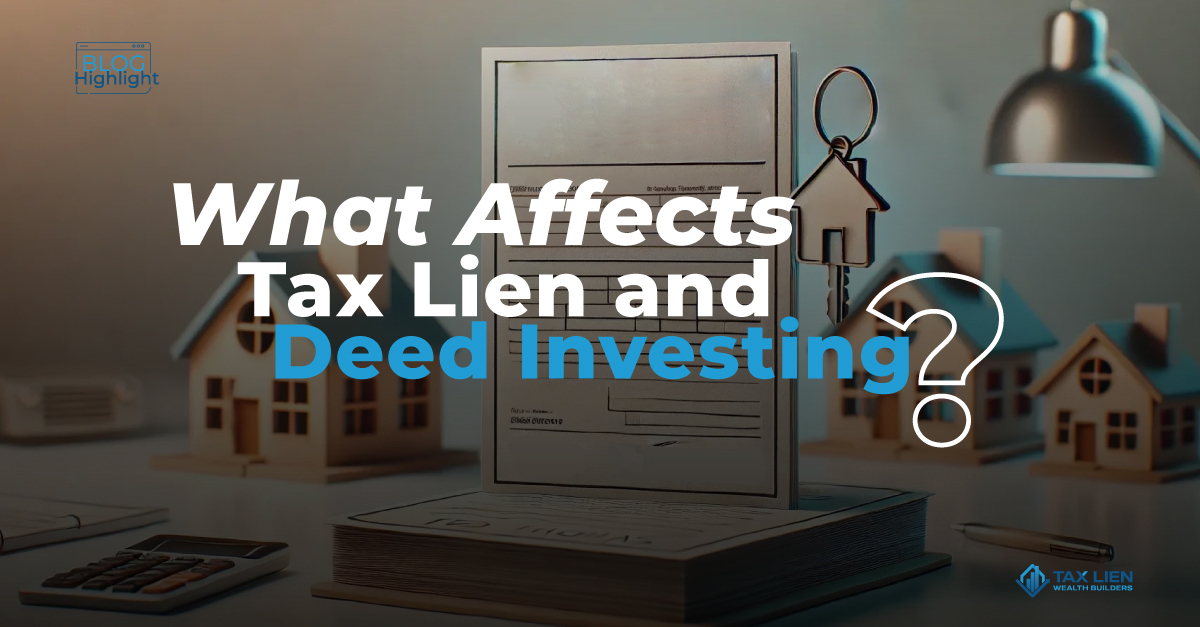All Categories
Featured
Table of Contents
If you have an interest in the tax obligation lien foreclosure procedure, you need to get in touch with a lawyer so you recognize and consider the threats of this kind of investment. - tax liens investment
Tax obligation lien sales are one way that cities and regions attempt to redeem some of the general public dollars they've spent preserving these residential or commercial properties abandoned by personal proprietors. Yet, as we'll explain in this write-up,. When real estate tax are considered delinquent, city governments generally focus on giving notification of misbehavior and trying to collect the unsettled amounts from the owner.
Nonetheless, this process normally takes years. If an owner has actually left and is reluctant to pay taxes or keep the residential property, the city should invest tax obligation bucks to maintain the building. These costsboarding up the structure, cutting disordered lawn and weeds, responding to fire and authorities calls on the residential or commercial property, and moreadd up

Owners who have dropped on tough times absolutely require every initiative to keep them out of misbehavior and in their homes. However usually, if the building is uninhabited and worn-out, we should assume the owner has actually selected to desert their passion in the residential or commercial property which they are "unwilling" to pay (though circumstances earlier at the same time may have forced their hand).
How To Invest In Tax Liens
Take, as an example, a single-family home where the owner has time out of mind strolled away. For years the city government has had to action in and get rid of rubbish disposed in the yard, board up the doors and windows, and react to phone calls about illicit activity on the home. All these solutions cost the local federal government taxpayer bucks.
In lots of states, those expenses can be gathered in the exact same way as the unpaid taxes, but not in all. (Something that Neighborhood Progress strongly supports in support of.) Ultimately, the total debt becomes above what the building might offer for. In a tax lien sale (or tax obligation certificate sale) the city government normally holds a public auction where the winning prospective buyer concurs to pay the most cash for the right to implement the tax lien, beginning with a minimal quote of at the very least the taxes owned, plus suitable passion, charges, and expenses.

When a federal government offers the tax obligation lien they are generally selling to an exclusive purchaser the city government's authority to accumulate the financial debt in exchange for upfront settlement of the tax obligations owed. The purchaser's acquisition typically includes the ability to earn future rate of interest, in addition to recover associated costs and costs sustained by the buyer, if the home proprietor pays the tax financial obligation.
This is, basically, privatization of a core federal government function: tax collection. Tax lien sales are especially negative when it comes to uninhabited, abandoned, and tatty buildings since they extend the duration before a building can be relocated into the hands of a brand-new, much more accountable proprietor. Private tax lien customers hold the debt, yet they do not have the titlethe legal right to ownership of the propertyand in most cases, they have no interest in getting it.
Tax Lien Real Estate Investing
Taking into consideration budget cuts, neighborhood governments in several states have decreased internal real estate tax collection and enforcement initiatives and looked to tax obligation lien sales as a fast mixture of profits - are tax liens a good investment (investing in tax liens). Lots of regions select or are mandated by the state to sell tax obligation liens due to the fact that it contracts out collection and frequently brings in really needed cash previously in the collection process
By transferring the neighborhood federal government's interest in and enforcement of the tax obligation lien to a private purchaser, city governments lose much of their flexibility: flexibility to obtain vacant residential properties that the exclusive market doesn't desire, or to assist the owner stay clear of shedding their building. With uninhabited residential or commercial properties, there is a much higher opportunity that the private purchaser isn't interested in the home itself.
Tax lien sales can create harm in traditionally disinvested areas. In a depressed housing market, fewer owners are able to redeem the amount of the debt sold to a tax lien purchaser. These locations are ripe for a various sort of tax obligation lien investorspeculative owners looking for to acquire buildings on the low-cost by seizing on the real estate tax lien, milking what little equity is left by renting out a second-rate building to susceptible occupants, and after that deserting the residential or commercial property when they've made back their financial investment.

Not all state regulations provide city governments the power to interfere in this cycle. In either case, the building stays uninhabited and in limbo, all the while imposing significant prices on its next-door neighbors and taxpayers. It's reasonable that several city governments turn to tax obligation lien sales since they aid fund vital civil services.
If the city government instead offers the residential property (also known as the "tax deed"), instead of the tax obligation financial debt, then they are in control of what occurs to the home and the enforcement procedure if the proprietor remains to not pay the real estate tax owed. The government will give the proprietor a reasonable time to repay the tax obligation financial obligation, after which the government will certainly seize its rate of interest in the tax lien and the owner's right of redemption.
From their inception, these public auctions were locations for investors to profit through exploitation. In very early 20th-century cities, infamous "tax sharks" like Chicago's Jacob Glos and New york city's Charles Wiltsie collected ton of money by getting up ratings of tax liens on properties, billing their owners outrageous quantities to remove the lien, or waiting till the deadline for negotiation passed and claiming the action.
Tax Lien Investments

Phone calls to eliminate tax obligation lien sales and overhaul tax obligation delinquency regulations have periodically erupted. Often, they have actually been available in reaction to instances of inadequate, commonly senior homeowners that lost their homes to deceitful tax obligation customers over small tax obligation financial debts. With a couple of exemptions, state legislatures have resisted structural reforms (certificate in invest lien tax).
Those that have repaid their home loans (mostly senior individuals or persons who had inherited a household home) must additionally discover the cash to pay home taxes. This discusses why 70 percent of the homes sold at tax lien sales are possessed outright. It is well for states to take on an even more humaneand much more effectivesystem for residential property tax obligation enforcement.
Latest Posts
Tax Lien Certificates List
Delinquent Tax Foreclosures
List Of Properties That Owe Back Taxes